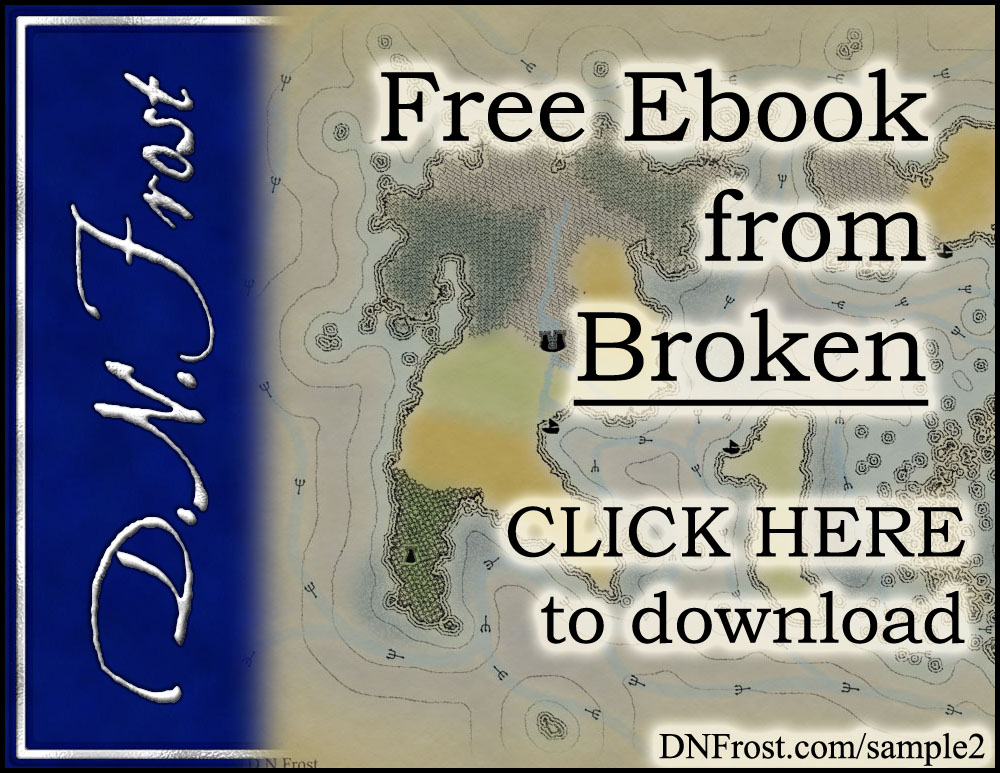This post is Part 5 of a series to augment the Author's Manifesto available for free download. Start with Part 1 here.
This and other inspirations of mine are gathered in the Spark Directory for you to explore.
Find more mystic content in my Magic Directory.
In Part 1 of this series, I started on an in-world taxonomy of magic to organize the powers in the saga. After creating magics that were infinite, both in accessibility and scope, I then turned to magics that were more partial to some people than others.
This brought me to the foreign magics that are only available through academic study. These do have inherent limits, and a person cannot progress beyond that limit point no matter how much study they undertake.
What's more, an individual has no idea what his limit points are until he reaches them. A man could devote years to studying ice magic, only to discover that he cannot progress beyond a fairly basic level.
I liked this sort of arbitrary randomness, especially since the unlimited access to magic was already established. It provided a feature that would let characters curse their fate or find disillusion, despite their otherwise infinite potential.
It also created a lot of variety and diversity in my world. With natural magics, most individuals know what they've got and have others to help them learn, since the natural magics are fairly standardized within a given race. But, when you study a foreign magic, you're much more on your own. You typically need to find a school of magic or a private mentor to help you along.
Moreover, as Magic Codex states, any magic you study may turn out to have a really shallow limit point. Most people don't make the effort, not to mention dedicate the leisure time and resources, to study something outside their natural array of talents. Typically, the only ones who do are already quite gifted and looking to supplement their abilities, or are rather ungifted and looking to find any magic forte at all.
In my Tales of the Known World saga, there's a mage named Kigal who has pretty paltry natural magics. He actually has a strong aptitude for Dark magic, but this is normally a latent magic, so it's not something other humans use much. Plus there's stigma.
So Kigal studied foreign magics and is quite a strong mage in his own right. But secretly, he has fire and lightning powers that have nothing to do with studying! My third novel Conceived is the first time that Dark magic is showcased in this non-evil way.
That's it for this post! Up Next: Turning relativity into magic...
Download the Author's Manifesto here, or start your adventure below.
This and other inspirations of mine are gathered in the Spark Directory for you to explore.
Find more mystic content in my Magic Directory.
In Part 1 of this series, I started on an in-world taxonomy of magic to organize the powers in the saga. After creating magics that were infinite, both in accessibility and scope, I then turned to magics that were more partial to some people than others.
This brought me to the foreign magics that are only available through academic study. These do have inherent limits, and a person cannot progress beyond that limit point no matter how much study they undertake.
What's more, an individual has no idea what his limit points are until he reaches them. A man could devote years to studying ice magic, only to discover that he cannot progress beyond a fairly basic level.
Check out this Author's Manifesto for more of my inspirations!
I liked this sort of arbitrary randomness, especially since the unlimited access to magic was already established. It provided a feature that would let characters curse their fate or find disillusion, despite their otherwise infinite potential.
It also created a lot of variety and diversity in my world. With natural magics, most individuals know what they've got and have others to help them learn, since the natural magics are fairly standardized within a given race. But, when you study a foreign magic, you're much more on your own. You typically need to find a school of magic or a private mentor to help you along.
Moreover, as Magic Codex states, any magic you study may turn out to have a really shallow limit point. Most people don't make the effort, not to mention dedicate the leisure time and resources, to study something outside their natural array of talents. Typically, the only ones who do are already quite gifted and looking to supplement their abilities, or are rather ungifted and looking to find any magic forte at all.
In my Tales of the Known World saga, there's a mage named Kigal who has pretty paltry natural magics. He actually has a strong aptitude for Dark magic, but this is normally a latent magic, so it's not something other humans use much. Plus there's stigma.
So Kigal studied foreign magics and is quite a strong mage in his own right. But secretly, he has fire and lightning powers that have nothing to do with studying! My third novel Conceived is the first time that Dark magic is showcased in this non-evil way.
That's it for this post! Up Next: Turning relativity into magic...
Download the Author's Manifesto here, or start your adventure below.
Liked this? Share, please!



No comments:
Post a Comment